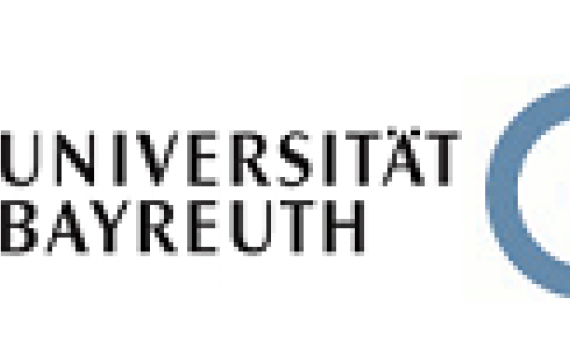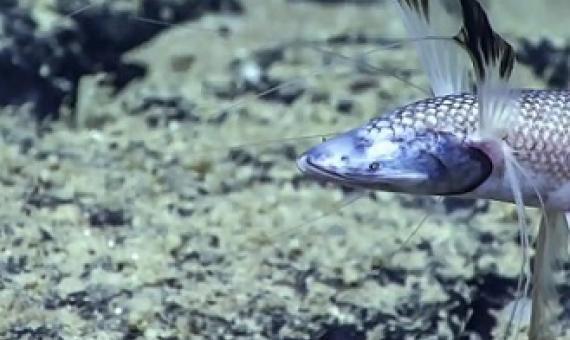PNG State of the Environment Report 2020
The 2020 State of Environment Report is the first for Papua New Guinea.
COMMERCIALLY IMPORTANT SEA CUCUMBERS OF THE WORLD
COMMERCIALLY IMPORTANT SEA CUCUMBERS OF THE WORLD
The program is devoted to understanding and analyzing the most important and consequential environmental concern of the 21st century; namely, Global Change. Problems of an entirely new and interdisciplinary nature require the establishment of innovative approaches in research and education.
New research has finally demonstrated what many marine biologists suspected but had never before seen: fish migrating through the deep sea.
Changing geo‐ecological functions of coral reefs in the Anthropocene
The ecology of many coral reefs has changed markedly over recent decades in response to various combinations of local and global stressors. These ecological changes have important implications for the abundance of taxa that regulate the production and erosion of skeletal carbonates, and thus for many of the geo‐ecological functions that coral reefs provide, including reef framework production and sediment generation, the maintenance of reef habitat complexity and reef growth potential.
Coral reef ecosystem services in the Anthropocene
Coral reefs underpin a range of ecosystem goods and services that contribute to the well‐being of millions of people. However, tropical coral reefs in the Anthropocene are likely to be functionally different from reefs in the past. In this perspective piece, we ask, what does the Anthropocene mean for the provision of ecosystem services from coral reefs? This synthesis of the coral reef ecosystem services literature suggests the field is poorly prepared to understand the changing service provision anticipated in the Anthropocene.
The meaning of the term ‘function’ in ecology: A coral reef perspective
The inherent complexity of high‐diversity systems can make them particularly difficult to understand. The relatively recent introduction of functional approaches, which seek to infer ecosystem functioning based on species’ ecological traits, has revolutionized our understanding of these high-diversity systems. Today, the functional structure of an assemblage is widely regarded as a key indicator of the status or resilience of an ecosystem. Indeed, functional evaluations have become a mainstay of monitoring and management approaches.
This research found that coastal regions of some least-developed countries (LDCs) are connected to areas beyond national jurisdiction (ABNJ) through larval dispersal and the potential dispersal of pollutants. Click on the link below to read the full article.
Organisms may be directly affected by anthropogenic sound in many ways, including interference with their ability to detect mates, predators, or food...Click on the link below to access the full paper.










